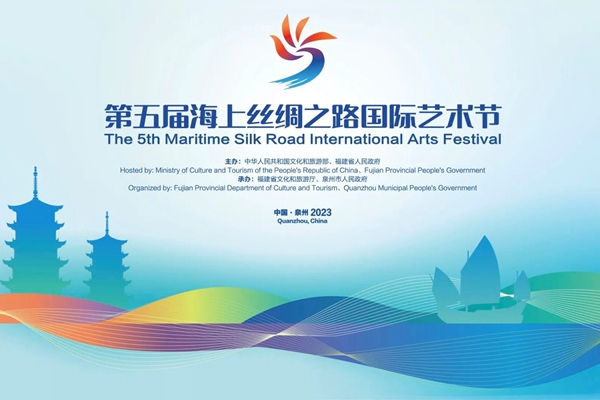Kinship kindles cross-Strait connections and reunions
The tradition of tracing one's origins runs deep in Chinese culture, transcending geographical barriers, and people from Taiwan are continuing to connect with their roots on the Chinese mainland, regardless of the ebbs and flows in cross-Strait relations.
In Fujian, the closest mainland province to Taiwan, which actively promotes integrated cross-Strait development, more families from both sides are rediscovering their shared heritage.
In April last year, Lin Hsiao-jung and her father from Pingtung, Taiwan, found their mainland relatives in Guilin village in Quanzhou, Fujian. A ceremony was held to celebrate their reunion.
"Since I was young, my father always instructed me to remember our roots and origins," Lin said. "Since I came to start my business on the mainland, the wish to find our family's roots has always been an aspiration."
With the support of the extensive Lin family on the mainland, she now feels more confident in pursuing her dreams there.
Their journey of tracing roots is guided by a genealogy passed down through generations, detailing their origins and ancestors. Most families possess physical versions of these genealogical records, usually updated by elder family members.
Such family documents have become important tools for Taiwan people searching for their ancestral roots on the mainland, especially in Fujian, the source of several large groups of people who migrated to the island.
During the Straits Forum, the largest grassroots cross-Strait exchange platform, which was held in Xiamen, Fujian, on Saturday, one focus was helping Taiwan residents returning to the mainland to pay respects to their ancestors.
Over 10,000 family genealogies have been matched and compiled by families from both sides over the years. Each family record holds a tapestry of memories and stories of reunions.
In 1993, Chou Huang-shun from Changhua, Taiwan, embarked on his first journey to the mainland to trace his roots. Thirty years later, with the assistance of an online root-tracing platform, he finally connected his family tree with one on the mainland, finding his ancestral roots in Weitou village in Jinjiang, a county-level city in Quanzhou.
Chou and his family visited Quanzhou and paid respects in their ancestral hall. He said he was surprised when the villagers held a grand ceremony to welcome them, and he invited them to visit Taiwan.
Weitou is the closest point on the mainland to Kinmen, an island administered by Taiwan that is close to the mainland coast. In recent years, the village has witnessed numerous heartwarming reunions.
"Each time families separated on both sides are reconnected, it is a complete family reunion," said Hong Shuiping, the village's Party chief. He added that more young people from Taiwan are being welcomed to explore opportunities on the mainland.
Various means have been developed to facilitate such connections, including a digital root-tracing platform developed by young people from both sides that consolidates a vast amount of genealogical information.
Shangguan Mengping, a member of the project team from Taiwan, said, "With a shared history and culture between the two sides, utilizing this platform to pass down family genealogies is a profoundly meaningful endeavor for me."
Zhong Farong, deputy secretary-general of the Fujian Surname and Origin Research Association, said it is important to engage young people in Taiwan through methods that arouse their interest, hoping to spark a root-tracing trend on the island through the online app.
Wang Chang-ping, deputy chairwoman of Taiwan's Labor Party, emphasized that the family name culture is a vital component of Chinese culture, serving as a spiritual link that binds compatriots on both sides. She said the bond of kinship across the Strait is unbreakable.
During the Straits Forum, both sides initiated the collaborative compilation of a book on ancestral halls in Fujian and Taiwan. It will include details of ancestral hall architecture, genealogical records, rituals, inscriptions and couplets.
Contact the writers at zhangyi1@chinadaily.com.cn

 5th Maritime Silk Road International Arts Festival
5th Maritime Silk Road International Arts Festival 